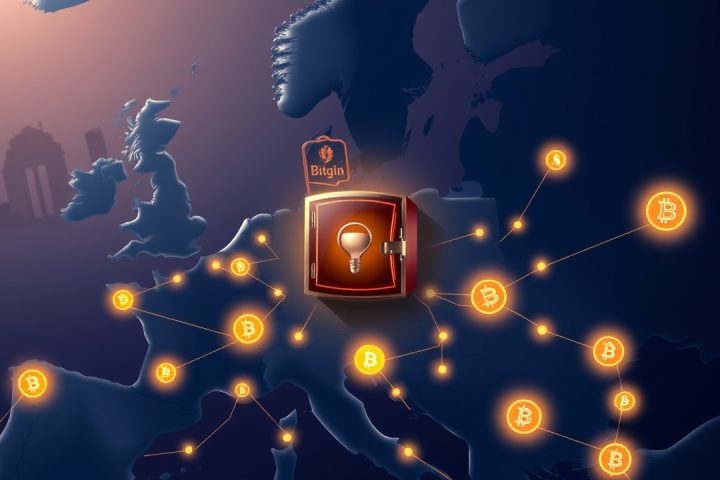Introduction
In the evolving landscape of cryptocurrency, the use of stablecoins like USDC can often expose users to unintended risks, particularly concerning their financial privacy. Transactions conducted on public blockchains allow anyone, including merchants and observers, to access personal wallet details, scrutinize past transaction histories, and potentially misuse this sensitive information.
Challenges of Public Blockchains
This transparency poses significant barriers for established institutions, such as banks and government agencies, who are reluctant to adopt blockchain technologies due to the risk of exposing critical financial strategies and operations. The inherent openness designed into public blockchains like Bitcoin and Ethereum serves to enhance trust and resistance to censorship. However, this same trait is problematic for highly regulated institutions that rely on confidentiality to operate effectively.
Most financial organizations are governed by strict norms that mandate the protection of sensitive data, making public disclosures of transaction details or counterparty exposures particularly fraught with risks—ranging from market manipulation to compromising national security.
Limitations of Current Privacy Solutions
Consequently, emerging methods to obfuscate transactions, such as pseudonymous wallets or mixing services, have largely failed to safeguard user privacy effectively. Advanced blockchain analytics can often undo these anonymous measures by tracing wallet interactions and on-chain activities. The current environment for institutional finance resembles a situation where businesses operate on an openly accessible spreadsheet, making sensitive operations vulnerable to scrutiny from anyone worldwide.
Zero-Knowledge Proofs as a Solution
A promising solution to this dilemma lies in zero-knowledge proofs (ZKPs), a significant advancement in cryptographic techniques that allows one entity to verify the authenticity of information without disclosing the underlying data. This innovative technology means that an institution can affirm its asset stability, for instance, without revealing specific wallet addresses or the details of their assets.
ZKPs facilitate a selective disclosure process, enabling organizations to adhere to compliance regulations—such as anti-money laundering (AML) requirements—while still maintaining operational privacy. Instead of disclosing raw transactional data, businesses can create proofs that demonstrate compliance, which can be verified publicly without disclosing any sensitive information.
This advancement is particularly crucial as it permits organizations to provide proof of their identity and legitimacy without the need for transparency that has traditionally been a requirement. Until now, compliance and accountability have relied heavily on information sharing, but with zero-knowledge technology, institutions can now provide evidence of their status without compromising their confidentiality—an essential requirement for many financial organizations.
Recent Developments and Future Trends
Recent developments highlight the shift toward ZKPs in real-world applications. One notable initiative is JP Morgan’s Kinexys, a private blockchain framework designed to enhance confidentiality in cash settlements and interbank communications. This structure allows financial institutions to tokenize assets and conduct transactions with robust privacy protections integrated into the platform, in line with institutional privacy requirements. Such frameworks are now being utilized in the Partior cross-border settlement network, incorporating major players like DBS and Standard Chartered.
The urgency for privacy solutions in finance is underscored by the actions of significant entities, including defense departments and governmental institutions, who are actively investigating how to leverage ZKP for secure data sharing amid complex operational demands. This growing interest signals that while organizations seek the operational efficiencies offered by blockchain technologies, they simultaneously require the assurance of data confidentiality.
Conclusion
As the blockchain ecosystem expands, aligning it with the privacy norms and risk management expectations of the financial sector is critical. This capability is not merely a supplementary feature but fundamental to the future scalability, security, and regulatory compliance of financial transactions. For meaningful integration of digital assets into mainstream financial practices, the industry must adopt cryptographic tools that resonate with institutional standards. Zero-knowledge technology could be the key to achieving this balance, paving the way for widespread adoption of crypto assets across major financial institutions.

















